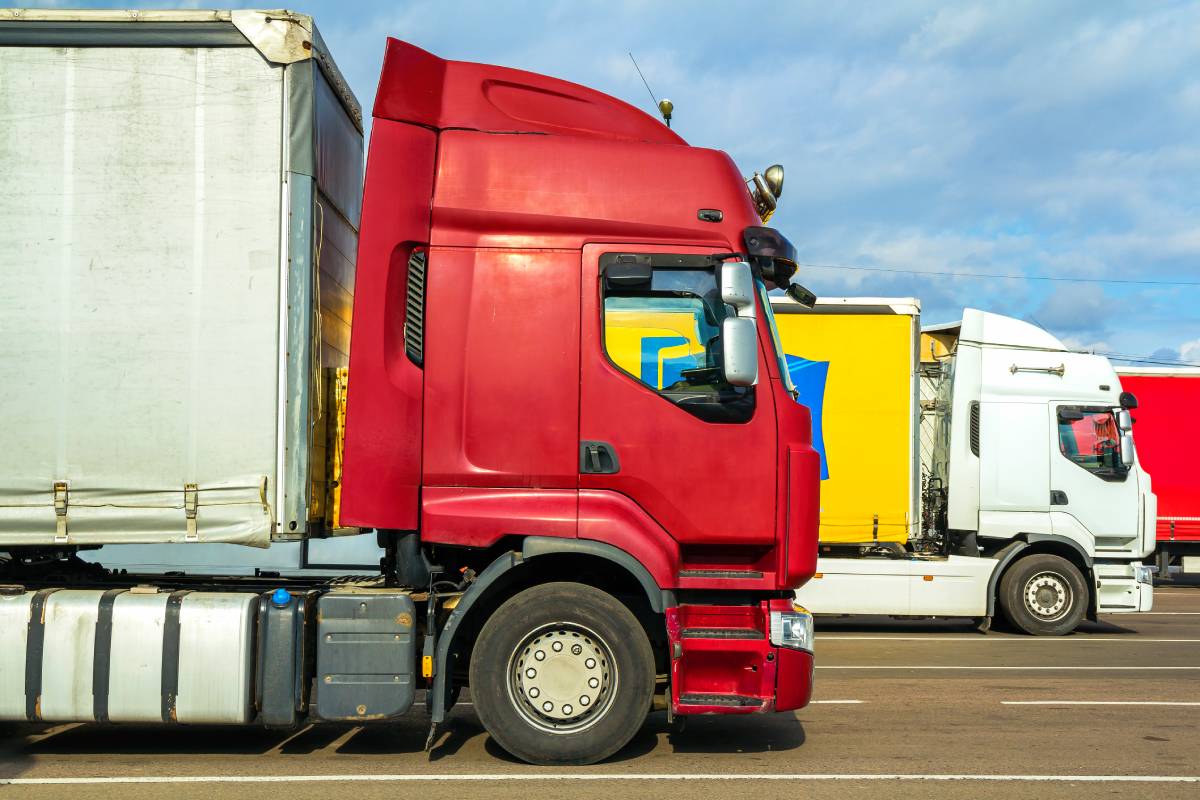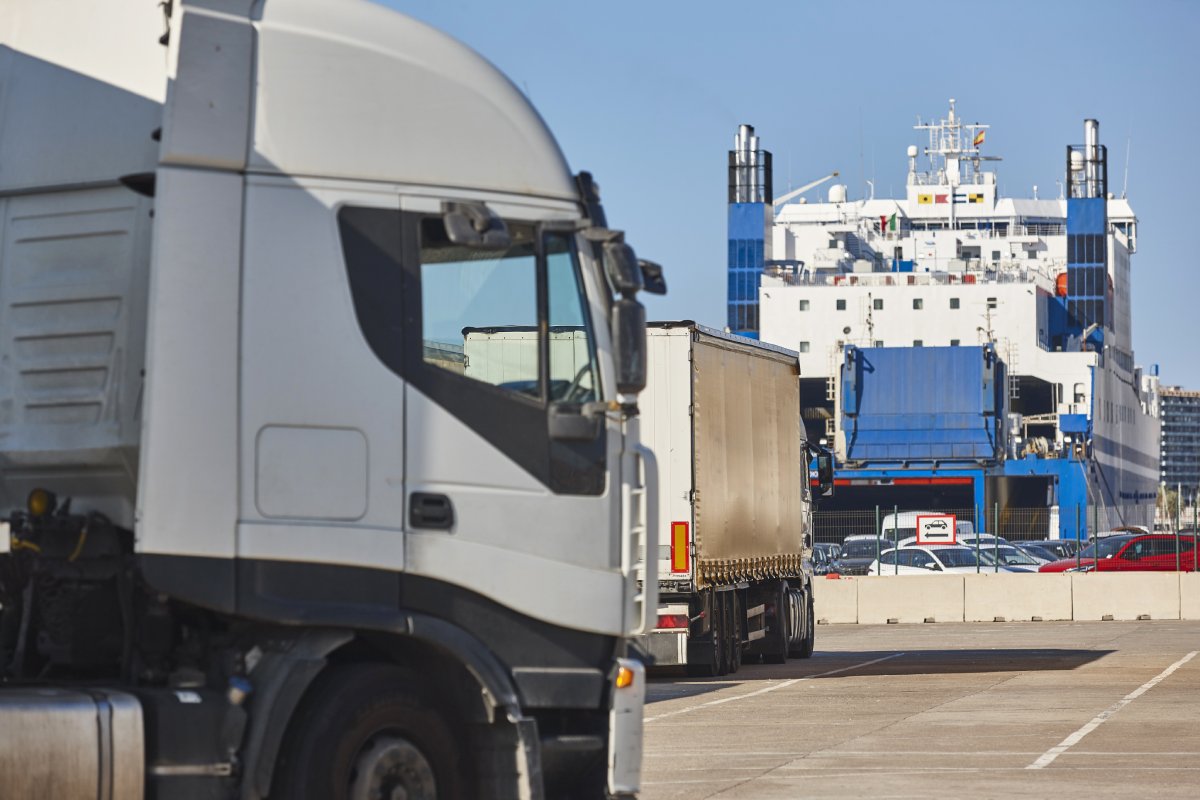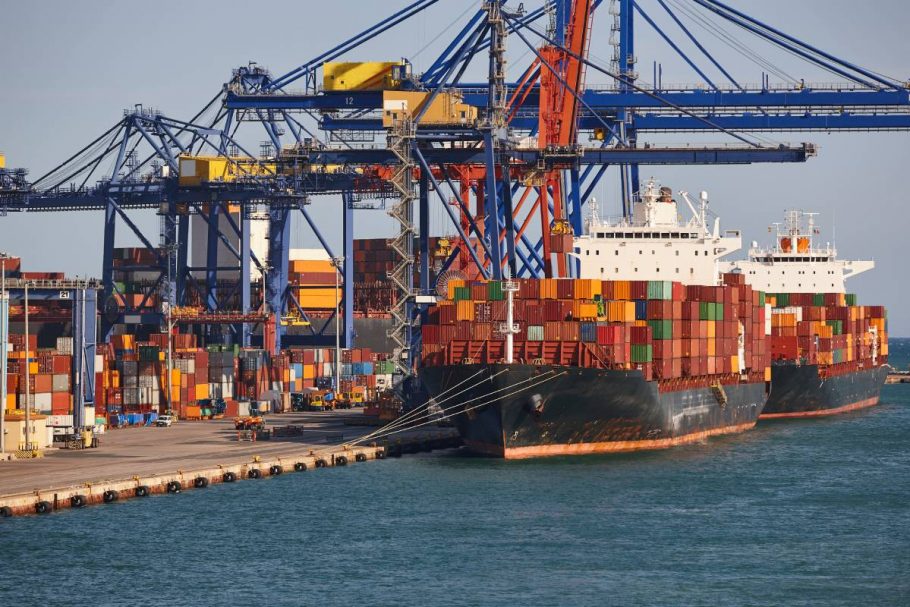Whether you are a new e-Commerce business owner and you’re tapping into the world of freight and shipping for the first time, or you are thinking about starting a logistics company of your own, one of the first things you’ll notice is just how many different freight and shipping related terms there are. To save you the trouble of losing yourself amongst all of the abbreviations, we’ve taken the trouble to highlight some of the different freight terms here, such as “no freight”, “freight only”, and “FOB” (to name a few). Read on to find out more!
What are different freight terms?

So, what are the different freight terms? There is a semantic distinction here that trips people up when they first start exploring this industry because “freight terms” have two different meanings.
a) Freight terms can refer to the various terminology surrounding freight and shipping (i.e., ‘term’ as in: a word or phrase used to describe a thing or to express a concept, especially in a particular kind of language or branch of study).
b) Freight terms are also the ‘term’ used to identify how transportation costs are calculated / any special shipping requirements involved (i.e., ‘term’ as in: conditions under which an action may be undertaken or agreement reached; stipulated or agreed on requirements).
To save confusion, we’ll begin by listing some of the more common freight shipping terms, followed by a list of the most common terminology used in the freight and shipping industry.
A ‘freight term’ identifies how shipping and transportation costs are calculated. Here are some common examples:
- CIF (Cost Insurance and Freight): the overall cost of the freight is paid in full by either the seller, the enterprise, or the hub.
- FOB (Free On Board): the cost of the freight is paid by the buyer (we’ll explore this in greater depth later).
- CFR (Cost and Freight): the cost of the freight is paid by the buyer, and then either the seller, enterprise, or hub.
- LTL (Less-Than Truckload): a type of shipping that involves consolidating smaller orders with multiple other senders on one truck (ideal for saving money when you only have small orders to go out / rather than pay for a half-empty truck by yourself).
- TL (Truckload): the opposite of LTL, whereby you fill a whole truck with your orders, rather than sharing the available space with multiple senders.
Additional freight-related terminology
- Shipper: the person responsible for arranging all of the necessary outbound logistics of the freight in question.
- Consignee: the party responsible for paying for the freight shipping.
- Warehousing: a common term in the freight and shipping industry that refers to the area used to store freight before, during, and after transit.
- Accessorial: refers to any additional steps that a carrier may be required to take once the freight has arrived (e.g., unloading, passing through gated areas, inspection, etc.).
- BOL (Bill of Lading): an important document that provides the carrier with all of the necessary information required to process freight shipments and generate invoices, etc.
- Embargo: an embargo is an event that prevents the recipient from accepting or handling the freight (e.g., international conflicts, unforeseen weather events etc.).
- Freight classification: refers to weight, length, size, value, and all other related characteristics of the freight in question.
- 3PL (Third-Party Logistics providers): a third-party logistics provider is a dedicated business that can handle all of the shipping requirements on behalf of a business. For example: if your business needed to relocate offices, you had to move fragile freight, or any other logistics-related need, a company like Darwin Transport could easily accommodate all of your requirements.
- Carrier: the party responsible for shipping and handling the outbound logistics of the freight (can either be handled by a 3PL or arranged by a 3PL using another chosen carrier).
What does no freight mean?
The term “no freight” is not especially common and finding a definitive meaning can be tricky. However, this term likely refers to either a shipment of livestock (with no freight on board), or a shipment that is being sent via sea, air, and/or mail and as such would be classified as cargo.
No freight can also refer to land transportation that is designated for passengers and cars (such as commercial rail lines or roll-on roll-off ships), and are otherwise unable to transport freight.
What does freight only mean?
Freight only typically refers to rail transport and is used to describe a railway line that is used only by freight trains. In other words, no passenger trains will ever use these designated lines. Generally speaking, such lines will go directly between various industrial transportation hubs, making it far quicker and easier to shift bulk freight from one side of a country to another – and often internationally as well.
What is the FOB freight term?
To explore FOB or “free on board” in great depth, it essentially means that once a shipment has left the seller’s location/warehouse, it is then recorded by them as ‘complete’. The buyer then has full responsibility for the products while they are en route until the goods eventually arrive. The buyer will also have to pay for the delivery charges as well.
FOB also means that if for whatever reason, a pallet of goods is lost or damaged in transit, it is the buyer’s responsibility to file for any claims and reimbursement – not the original seller.

Final words
This is just the tip of the iceberg. The world of freight and shipping is expansive (and forever growing), with a host of other terms and international standards that you will likely come across along the way. In any case, we hope that these common freight terms have been helpful to you and that you now have a more thorough understanding of how everything works. It will certainly feel overwhelming at first, but when you partner with a reputable 3PL, the complicated beast that is logistics can be simplified significantly.





